Bureaucracy Barcelona-Style: The Paper Side of Your New Life
13. 11. 2019
2 min.
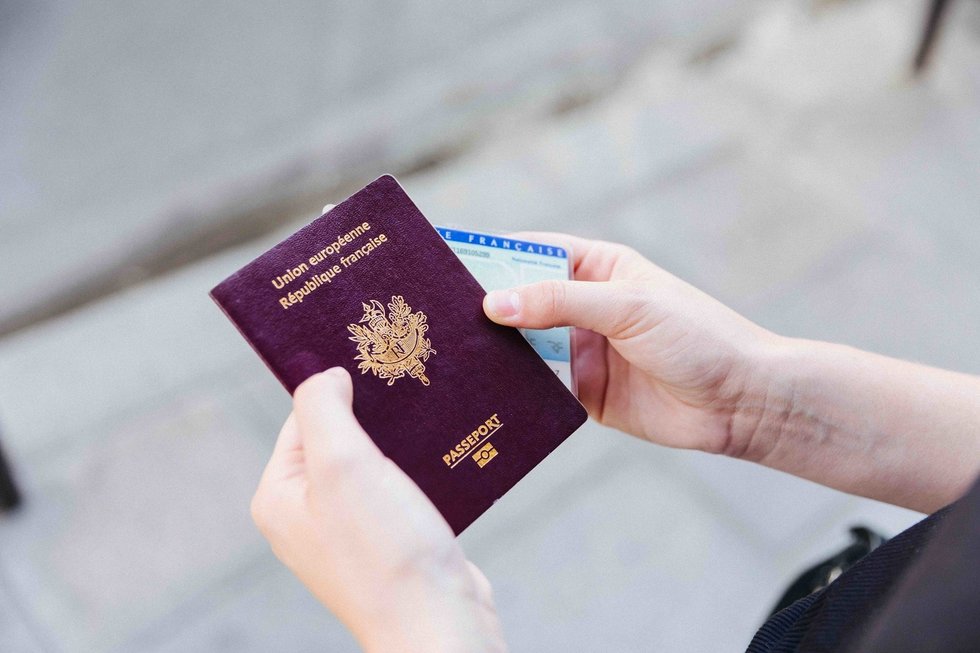

Freelance writer, journalist and author
No one likes paperwork, but it’s part and parcel of moving to a new country. And it’s best to hit it head-on, so you can open the bureaucratic doors of Barcelona and step smoothly and quickly into your new life.
NIE number: The golden ticket
Your first paper step in Barcelona should be toward a police station to get an NIE—Número de Identidad de Extranjero (foreign identity number). This will ease the way for you concerning the legal stuff, from opening a bank account to applying for a job and buying a property.
Start by making an appointment, or a cita previa, through the Spanish government’s website. Then, when the time comes, take your passport, along with two copies of it, a completed Modelo EX-15 form and two copies of it, your Spanish address, and the reason for your stay to a police station.
Be prepared to pop to the bank to pay a money order of about €10 and return to the police station with the receipt. And above all, be prepared to wait! Get there early in the morning and bring a book, a coffee, and some earphones, because there’s no speeding up or avoiding this bureaucratic step.
Do non-EU residents need a visa to live in Barcelona?
Nationals from countries outside the EU, EEA (the EU member states, plus Iceland, Liechtenstein, and Norway), and Switzerland will need a visa to live in Barcelona and, in most cases, a work permit, too.
Short-stay visas
A short-stay Schengen visa (visado de corta duración) allows you to stay in Spain—but not work—for up to 90 days in a 180-day period. If you have a Schengen visa issued by another Schengen state, you can also enjoy the flavors and soak up the atmosphere for 90 days.
Nationals from the US, Australia, Canada, and New Zealand don’t need a short-stay visa to enter Spain, but will need to apply for a long-term residence visa (visado nacional) to stay longer than three months.
Long-term visas
There are different types of residence and work permits, depending on the purpose of your stay. A combined residence and work visa (visado de trabajo y residencia) allows you to live and work in Spain, a student visa (visado de estudios) is valid for the duration of an unpaid educational or training course, while a residence visa (visado de residencia) is what is required for family reunification or retirement.
Work-visa applications must be submitted by your employer on your behalf. As for student visas, don’t apply for one until you’ve been accepted onto a course or program.
Photo: WTTJ

Viac inšpirácie: Work in Barcelona
Moving to Barcelona for work? Navigate the job jungle in this international hub with our insider tips, advice from locals and insights from industry experts.
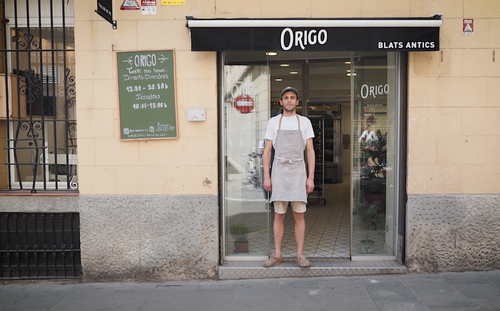
Work in Barcelona: François
Originally from Belgium, he left his job at Google in San Francisco to move to Barcelona with his wife, where he decided to open his own bakery.
11. 12. 2019
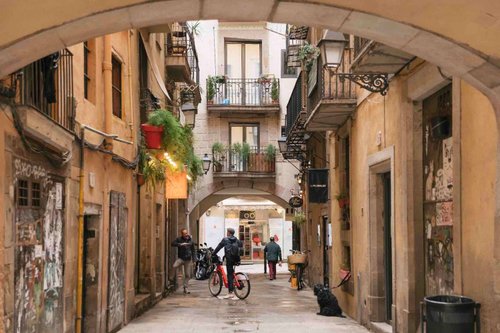
Work in Barcelona
Considering relocating to Barcelona? Let’s have a look behind the scenes to understand what it takes to be a happy expat in Barcelona.
11. 12. 2019
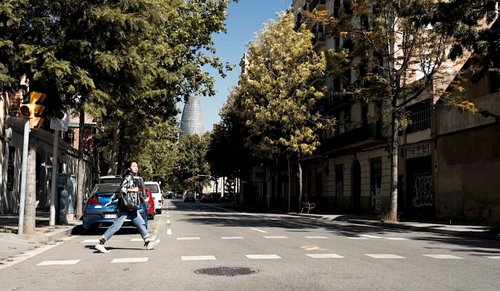
Work in Barcelona: Amy
Born and raised in Canada, Amy moved to Barcelona to change career by retraining as a software developer. Here's her expat experience of the city.
11. 12. 2019
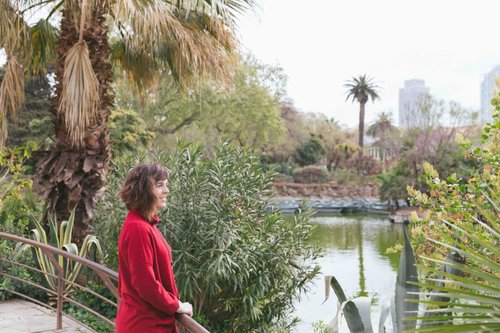
My Barcelona: ‘The city is so much richer than it seems’
For Anaïs, Barcelona is such an enticing city that she has made it her home not once, but twice.
13. 11. 2019

My Barcelona: ‘It’s the Silicon Valley of Europe’
Frenchman Erwan Riou originally qualified as an architect, but after a stint in Brazil, the 33-year-old started retraining as a programmer...
13. 11. 2019
Novinky, ktoré to vyriešia
Chcete držať krok s najnovšími článkami? Dvakrát týždenne môžete do svojej poštovej schránky dostávať zaujímavé príbehy, ponuky na práce a ďalšie tipy.

Hľadáte svoju ďalšiu pracovnú príležitosť?
Viac ako 200 000 kandidátov našlo prácu s Welcome to the Jungle
Preskúmať pracovné miesta